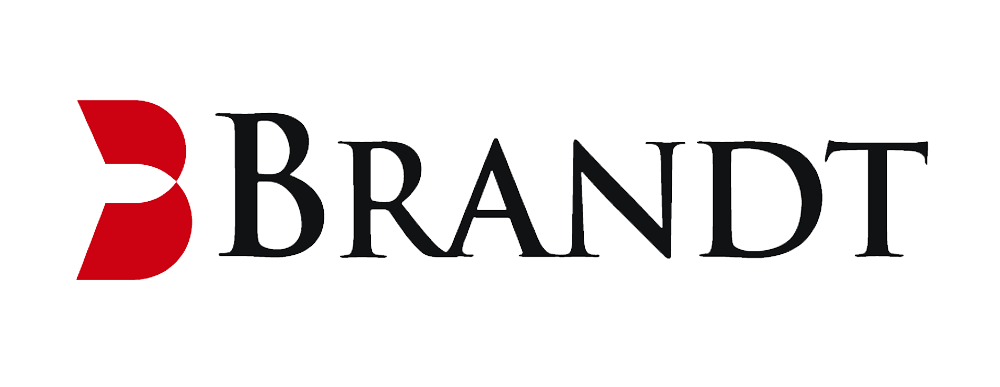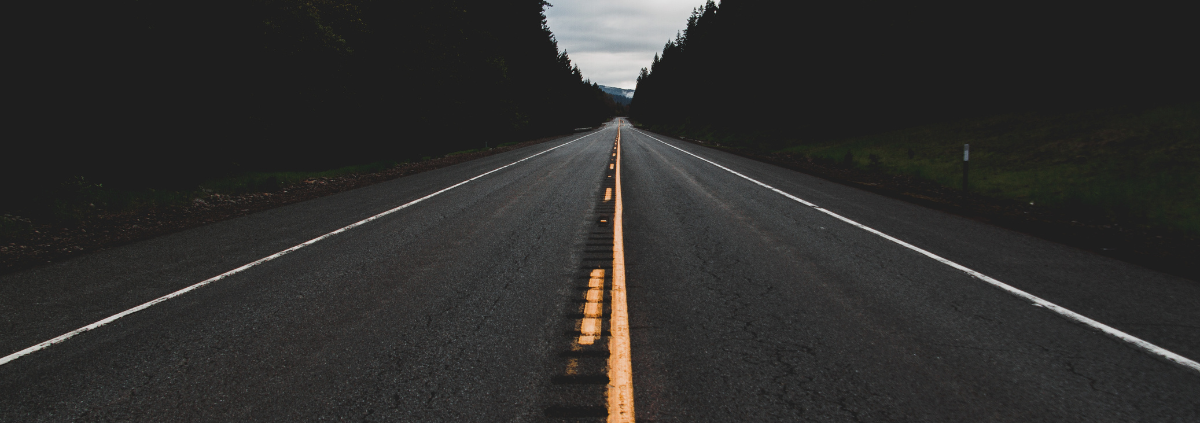Oregon’s Roadkill Salvage Permit: Paving the Way for Responsible Wildlife Conservation
Oregon is home to an abundance of wildlife, including deer and elk that frequently traverse the state’s roads and highways. Unfortunately, these creatures sometimes fall victim to accidents with vehicles. Thanks to the passage of Senate Bill 372, it is legal in Oregon to salvage deer and elk struck by vehicles with the proper Roadkill Salvage Permit. The free permit was previously available on ODFW’s website as a separate workflow involving manual tasks for documentation, file submission, and record keeping.
ODFW saw an opportunity to streamline this workflow leveraging it’s Electronic Licensing System (ELS) run by Brandt. Together the teams implemented the workflow using Terra’s survey functionality to closely match the previously manual process.
This innovative tool provides a comprehensive system to better track and manage deer and elk salvages along Oregon’s roads, making it easier for customers to report and ODFW to track these incidents securely and efficiently.
This functionality is available to both ELS guests and full customer profiles, making it an inclusive and accessible tool for everyone.
Key Features of the Roadkill Salvage Permit:
- Comprehensive Data Collection: To gather crucial information about these incidents, a survey accompanies the permit application. This survey collects data on the location, time, species of the animal, and details about the driver involved in the accident. This wealth of information serves as a valuable resource for wildlife biologists.
- Mapping Service: Dynamic mapping allows users to pinpoint the precise location of the salvage. ODFW Biologists may utilize this data to identify high-risk areas and formulate strategies to reduce wildlife-vehicle collisions.
- Head/Antler Surrender: An essential component of the permit process involves surrendering the head and antlers of the harvested animal to an ODFW office. This measure ensures responsible wildlife management, allowing for the ethical and sustainable utilization of these resources.


In addition to the Roadkill Salvage Permit, Brandt has implemented the Transfer of Parts Module. This module helps track the distribution and utilization of various animal parts once they are received by an ODFW office, taxidermist, or a meat processor.
After an animal has been harvested, users can associate a transfer option with their tag based on the species. Users have the flexibility to add transfers and choose whether they are transferring animal parts to another customer or to an agent location. Once a transfer is finalized, the receiving agent or customer can print out a detailed transfer record. This record acts as a comprehensive receipt, ensuring transparency and accountability in the transfer process. It also aids in maintaining a clear chain of custody for all animal parts.


The introduction of the Roadkill Salvage Permit and the Transfer of Parts Module marks another step towards ODFW’s agency-wide adoption of the ELS creating a single source of truth for public user activity and data collection. By harnessing technology and efficient data collection, these functionalities allow for the careful monitoring of roadkill incidents and the sustainable use of animal parts.




